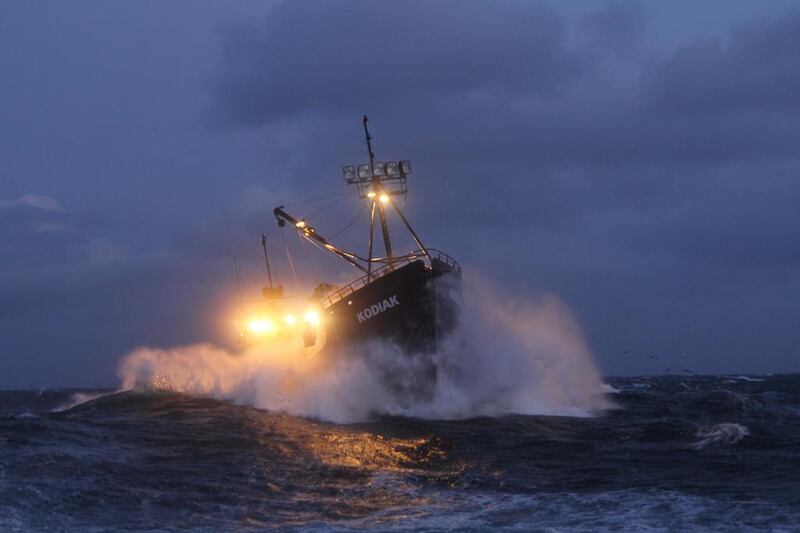The company behind the Discovery Channel plans to bring more pay-TV shows to the region as it seeks to build on the appeal of programmes such as Deadliest Catch and Man vs Wild to local audiences.
Discovery Networks International plans to boost its offering in the region through “organic expansion” as well as “strategic acquisitions where appropriate”, said Mark Hollinger, the company’s president and chief executive.
“It’ll definitely end up being a combination of the two. Where we see an acquisition opportunity then we’ll pursue it aggressively, but I don’t think it’s the end of the days of organic growth, particularly in a market like the Middle East where our full portfolio of paid channels isn’t fully available yet.”
The network made its first acquisition in the region in November when it acquired the Dubai-based Takhayal Entertainment, the owner of Fatafeat, the leading food television network in the Middle East.
“We haven’t tried to impose ourselves on them too much,” said Mr Hollinger. “It’s a successful business that has a production model operating on a very local basis that was different than our traditional model. It’s been a well-paced integration, where we’ve tried to find places where we can add value, via process systems and things we can bring with our experience, but we’ve tried not to impose too much.”
Mr Hollinger spoke to The National on the sidelines of the second day of the Abu Dhabi Media Summit, held on Yas Island.
Among the topics discussed during the second day of the summit were the challenges and opportunities faced by international media companies as digital services grow.
While the spread of both mobile and fixed internet presents significant new distribution opportunities, traditional media companies need to be wary about the strategy they adopt, said James Gibbons, a senior vice president at the broadcaster.
“Nowadays the barriers to having your own production company, your own TV channel and your own distribution network are much lower,” he said.
“Companies like Discovery have competitors that are able to distibute their content directly on mobile and broadband platforms, and there are aggregators on those platforms that are building alternative business models to the pay TV model we’ve had.”
While subscription-based satellite television remains a broadly accepted business model, subscription-based content delivered over the internet remains a novel concept, especially in emerging markets, he said.
“When people pay their internet access fee they then feel that they have access to all the content that is there, there isn’t a habit of paying a further fee. For a media organisation like ourselves you have to be very careful when you take that step into that area,” he said.
Although viewers in the Middle East increasingly gravitate towards local content, Discovery’s international channels will still retain their appeal in the region, with international favourites such as Mythbusters and Deadliest Catch proving to be firm favourites among Middle Eastern viewers.
The network is working to increase the amount of content available for female and family viewers, including the internationally popular TLC, said Mr Gibbons.
jeverington@thenational.ae





